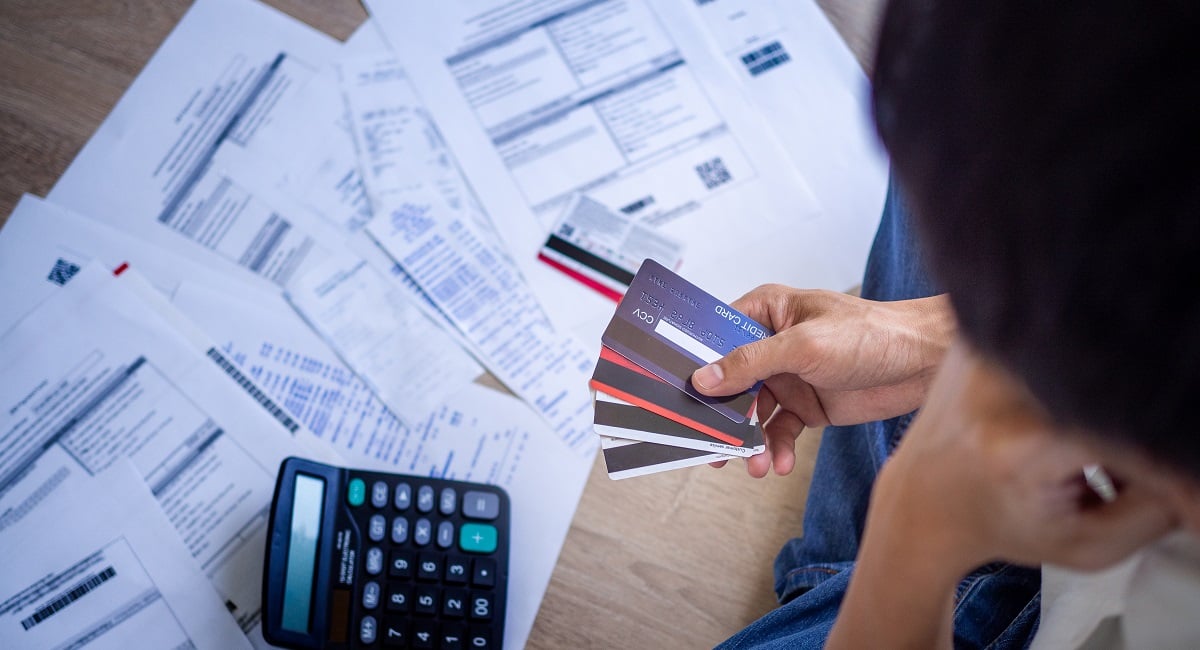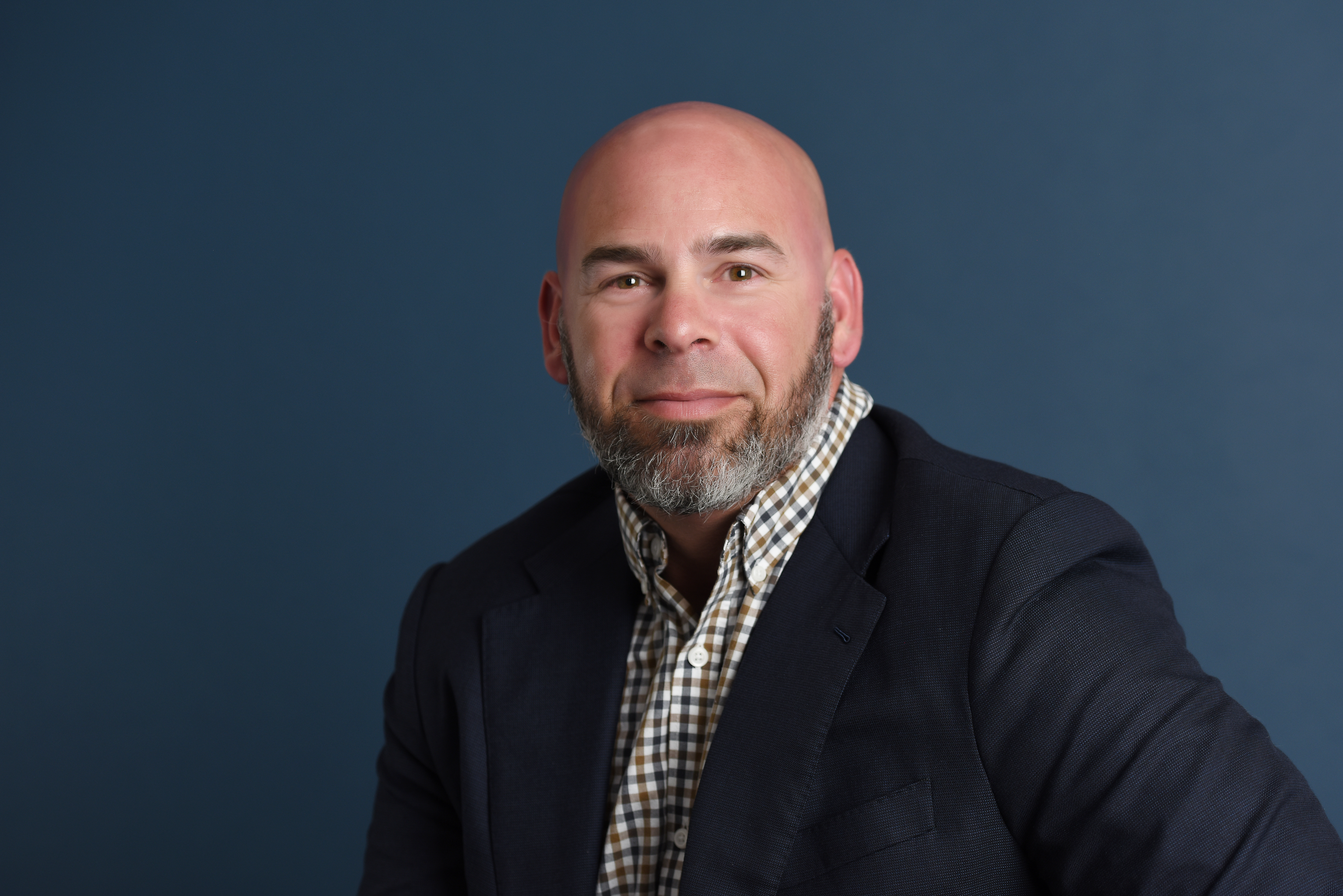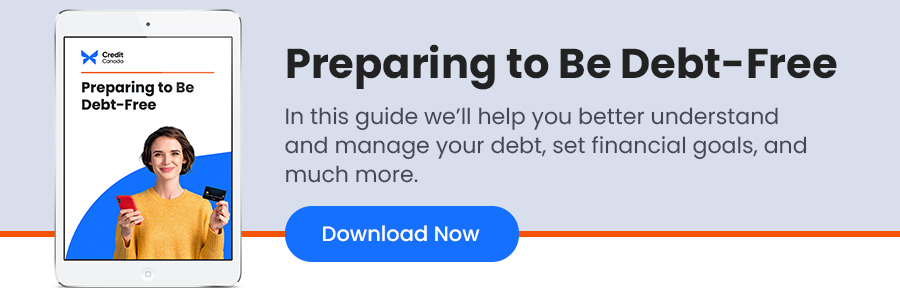
Credit card debt can be overwhelming, especially when you’re struggling to make ends meet. In these moments, it’s understandable to want to lean on your credit card to cover your immediate expenses. However, the weight of repaying those purchases can add extra pressure over time.
So, what happens when you’re unable to keep up with your payments? What steps can creditors take to recover their money? And most importantly, what can you do to get out of debt and collection agencies off your back? We’ll answer all those questions with this guide.
Looking for debt solutions in Canada? We’re here to help!
Immediate Consequences of Missing Credit Card Payments
The more payments you miss and the longer you wait to pay your debts, the worse the situation will become. You’ll also face some immediate consequences after you start missing payments, including:
Interest Rate Increases
If you make late payments, your credit score will suffer, and you’ll face higher rates for new accounts or loans. Many institutions will also raise the rates of your credit cards after late payments (it usually takes two late payments in a year to trigger a rate increase).
For example, with Scotiabank’s Visa Infinite Card, your interest rate may increase from 24.99% to 27.99% on purchases after two late payments within a year. With CIBC’s various credit cards, interest rates may increase to 25.99%.
Short-Term Effects on Your Credit Score
If you don’t pay your credit card, the card issuer will report your non-payment to the credit bureaus, damaging your credit score.
Credit Canada Credit Counsellor Mike Bergeron says while a single late payment will have a relatively minimal impact on your score, a history of late or missed payments will remain on your report for six years and damage your character as a borrower.
Collection Process and Debt Collection Actions
The situation will eventually escalate if you haven’t paid your credit card bill for several months. Here’s what you can expect:
Debt Collection Actions
Your creditors may sell or outsource debt to debt collection agencies. These agencies must follow certain practices, including:
-
Contacting you through calls and written notices
-
Negotiating repayment plans
-
Reporting unpaid debts to credit bureaus
The agency may add fees to the balance or threaten legal action if you don’t pay.
Legal Actions
Creditors can file a lawsuit against you. If the court rules in their favour, you could have your wages garnished and money from your bank accounts seized. They could also put a lien on your property.
What Can I Do About My Credit Card Debt?
Whether you have three months or three years of unpaid credit card payments, deciding to address it can feel intimidating. But, you’re not alone in this - we are here to support you.. Here are some next steps you can take:
Reach Out to Your Creditors
Step one is informing your creditors of your situation. Once you reach a representative, tell them about your missed payments and ask them for advice.
While they might not forgive the interest accrued, they will want to find a solution that works for both of you. This could involve a repayment plan that fits your budget and spares further damage to your credit score.
“Being proactive, open, and honest will get the best results,” Bergeron says. “Most credit card issuers do want to help if they can.”
Ready to overcome your debt challenges? Our Credit Counselling Service provides free, personalized support to help you take control of your finances. Get Started.
Consider a Debt Consolidation Loan
If you have a lot of unsecured debt but still have a relatively good credit score, ask your bank or a Credit Counsellor about a debt consolidation loan. With good credit, your bank may offer you favourable terms on the loan, which will help you pay off debt faster and save money on interest in the long run.
A word of caution: a debt consolidation loan will clear your credit card balances, but it’s important to avoid using those cards for new purchases, as this will put you further in debt.
Our advice? Don’t use your credit cards at all until you’ve paid off your debt consolidation loan in full.
Use a Personal Line of Credit
Paying your credit card with a personal line of credit still involves paying interest, but it’s typically nowhere near as high as you would need to pay on a credit card. A personal line of credit differs from a debt consolidation loan because the required minimum payment covers only the interest. You have to choose to pay more than the minimum payment to actually pay off the balance on the line of credit.
Like a debt consolidation loan, avoid using your newly paid-off credit cards to avoid getting back into debt. Not only would interest accumulate via the line of credit if you aren’t paying down the balance, but you’d also have to keep up with additional monthly payments on your credit cards.
Furthermore, the revolving nature of a line of credit might create a false sense of security and temptation to spend. Consider revamping your budget strategy or talking to a Credit Counsellor for tips on avoiding this.
Choose the Debt Consolidation Program (DCP)
Debt consolidation programs (DCPs) are a good alternative to debt consolidation loans or lines of credit—especially if you have a low credit score that makes qualifying for a loan or additional credit difficult. But what’s the difference between a debt consolidation loan and debt consolidation program?
A debt consolidation program isn’t new money like a loan is. Here, the program is carried out with the existing creditors. They’ll recover the principal, minus the agency’s share. It’s likely you won’t have to pay some or all of the interest originally charged. It’s also important to note that DCPs might cause more damage to your credit score at the onset. Plus, you’ll need to give up your credit cards once you enroll in a DCP.
However, one of the main benefits of choosing a DCP is the convenience of paying off your debts with one affordable monthly payment. This makes it easier to keep track of your debt repayment and lets you see the light at the end of the proverbial tunnel. Most DCPs can be completed in less than four years.
Are you overwhelmed with multiple credit card debts? Our Debt Consolidation Program can help you combine them into one manageable payment. Learn More.
Legal Rights and Protections for Debtors in Canada
You have specific legal rights and protections against aggressive collection tactics. Collection agencies must adhere to strict guidelines, which include limiting contact frequency and respecting your privacy.
The Financial Consumer Agency of Canada is an excellent resource and can help you learn more about your rights. Seek professional legal guidance if you need assistance exercising and enforcing your rights as a consumer.
How Credit Canada Can Help With Credit Card Debt
As we’ve outlined above, missed credit card payments can result in debt collection and legal action, which can add to the stress of your financial situation. If taking action feels intimidating, Credit Canada can help. Our certified Credit Counsellors specialize in budget support, debt consolidation, and general consultation to help you get out of debt and back into life. If you’re struggling with credit card debt, our confidential, non-judgemental approach enables you to navigate these challenging circumstances.
Contact us or call 1(800)267-2272 to speak to one of our counsellors today.
Common Questions From Our Clients
-
What Happens if You Don’t Pay Your Credit Card for a Month?
If you don’t make a credit card payment after an entire month, you’ll likely face interest fees and a ding to your credit score. Exact penalties depend on your balance and credit card agreement. For example, making just your minimum payment within a month ensures your credit score isn’t blemished, but you’ll still pay interest. If you don’t make at least your minimum payment, you’ll face interest and a credit score ding.
We recommend you review your credit card agreement to ensure you’re aware of your obligations and any potential penalties. The Canadian government points out that credit card companies might take the following action if you miss payments:
-
Revoking promotional interest rates
-
Increasing interest rates in general
-
Cancelling the credit card
Option #3 likely won’t happen after only a month because credit card companies make money when you don’t pay the principal immediately through accumulated interest. Still, we’d recommend you make more than your minimum payment each month to avoid more interest costs.
Having said that, high living costs paired with financial stresses might cause us to fall behind on payments. If that’s the case, you’ll likely hear from your creditor. Fortunately, your creditor may be willing to work with you before taking further action.
Bottom line? A month isn’t the end of the world when it comes to credit cards as long as you correct it before it escalates to several months.
-
What Happens if You Don’t Pay Your Credit Card for Several Months?
If you don’t make payments for several months, the consequences become more severe. That one-month late payment on your credit score will become a much larger problem if you have several months of missed payment history. Plus, your interest will compound and exacerbate your debt even more.
Creditors will usually send multiple warnings and requests to repay your balance if it goes unpaid for months. If you haven’t made arrangements with your creditor to repay the balance, they might send your account to collections. Collections for credit card debt take two forms. The first is a creditor’s internal debt collections branch. If that doesn’t work, they’ll move on to option two: a third-party debt collector, like a collection agency.
If you’ve ever received a collections call, you know how intimidating they can be. But the best way to avoid getting to that stage with credit card debt is to talk with your credit card company immediately. Capital One recommends informing the company ASAP of your situation — then they’ll be more likely to work with you.
-
What Happens if I Don’t Pay My Credit Card for Five Years?
If you go a few years without making any payments on your credit card, it’s likely your account is already with a collections agency. In this situation, your credit card company may try to take you to court to recover your balance.
The lawsuit's timing depends on various factors, including how proactive the creditor or collection agency is. Some are quick to take someone to court, regardless of the balance owed.
Provincial laws and acts also limit how long a creditor can wait to take legal action. For example, Ontario's Limitations Act states that a person can't be taken to court if it is more than two years since they have made a payment on the debt or two years from the time the customer acknowledges the debt in writing. This is known as the statute of limitations. Meanwhile, Quebec allows up to three years, and other provinces (like Manitoba, Prince Edward Island, Nova Scotia, and the territories) allow up to six years for legal action.
If you still have a credit card balance after the statute of limitations in your province has passed, your credit score will still experience a hit, which will cause you trouble every time you apply for financial services. This looks like high interest rates for mortgages, car loans, personal loans, and other credit cards, or a denial altogether.
Create a budget that works for you. Use our Free Budget Planner to get started on your path to financial stability. Get Your Budget Template today.
-
What if I Don’t Pay My Credit Card and Leave the Country?
Most debt experts would not recommend abandoning the debt and moving to a new country. You’ll still have a record of the debt in Canada and a low credit score if you return. Plus, when you move to a new country, you’ll have to start from scratch again and take time to build new credit.
-
Could I Go to Jail for Missing Credit Card Payments?
No, you won’t go to jail for missing payments. However, if a court rules against you as part of a legal action, the creditor will have extra powers to collect the money owed to them, including property liens and wage garnishments.

Frequently Asked Questions
Have a question? We are here to help.
What is a Debt Consolidation Program?
A Debt Consolidation Program (DCP) is an arrangement made between your creditors and a non-profit credit counselling agency. Working with a reputable, non-profit credit counselling agency means a certified Credit Counsellor will negotiate with your creditors on your behalf to drop the interest on your unsecured debts, while also rounding up all your unsecured debts into a single, lower monthly payment. In Canada’s provinces, such as Ontario, these debt payment programs lead to faster debt relief!
Can I enter a Debt Consolidation Program with bad credit?
Yes, you can sign up for a DCP even if you have bad credit. Your credit score will not impact your ability to get debt help through a DCP. Bad credit can, however, impact your ability to get a debt consolidation loan.
Do I have to give up my credit cards in a Debt Consolidation Program?
Will Debt Consolidation hurt my credit score?
Most people entering a DCP already have a low credit score. While a DCP could lower your credit score at first, in the long run, if you keep up with the program and make your monthly payments on time as agreed, your credit score will eventually improve.
Can you get out of a Debt Consolidation Program?
Anyone who signs up for a DCP must sign an agreement; however, it's completely voluntary and any time a client wants to leave the Program they can. Once a client has left the Program, they will have to deal with their creditors and collectors directly, and if their Counsellor negotiated interest relief and lower monthly payments, in most cases, these would no longer be an option for the client.








